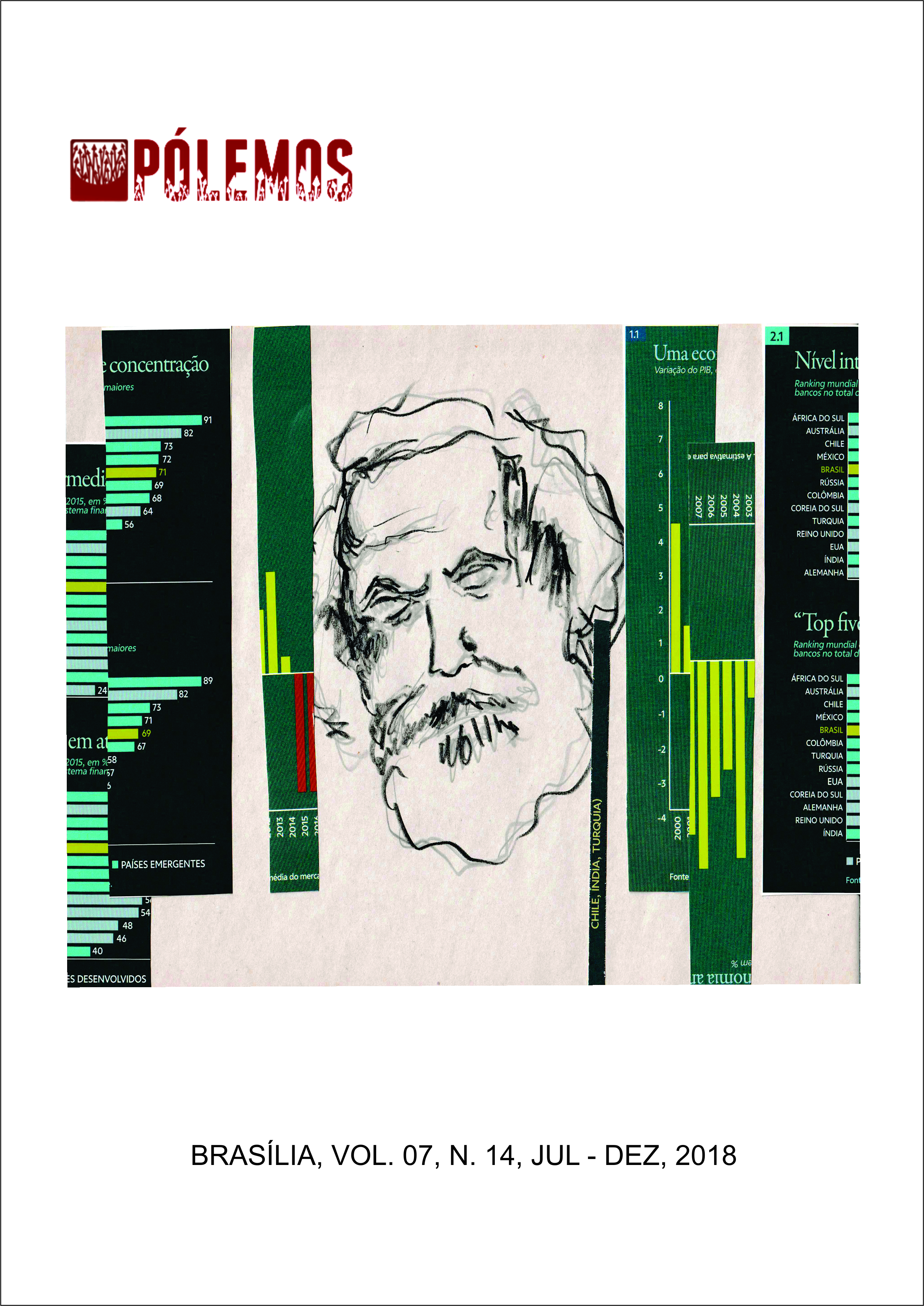THE POINT OF VIEW FROM WHICH WE MUST VIEW ANTIQUITY
Fridrich Hölderlin
DOI:
https://doi.org/10.26512/pl.v7i14.9963Keywords:
Training. Training impulse. Originality. Aesthetics. Philosophy.Abstract
It is a translation from German into Portuguese of the aforementioned text by Fridrich Hölderlin (dated 1799). It is part of the corpus hölderliano, in addition to the poems, the prose works, the letters and the tragedies (the various versions of The Death of Empedocles), a series of writings (often fragmented and unfinished) of aesthetic-philosophical content, in which it is discussed, above all, from the links between the archaic Greek mentality and the romantic spirit. The text now translated falls within this scope. The core of his journey (by the way, unfinished, but of extreme importance) unfolds from the notion of Bildung ("formation"), which is disposed in the context of the originality of each time/people (in this case, the romantic) and the heritage that pervades it (in this case, that of ancient Greece). The living environment between these two axes, in turn, is examined from the notion of Bildungstrieb ("training impulse"), the focus of the development of the text. The translation is part of a project to translate the other texts of Hölderlin’s work.
Downloads
References
Friedrich Hölderlin, Sämtliche Werke: Kleine Stuttgarter Ausgabe. Hrsg. von F. Beissner (ed.). Stuttgart Kohlhammer, 1958.
Downloads
Published
How to Cite
Issue
Section
License
Copyright (c) 2018 PÓLEMOS ”“ Revista de Estudantes de Filosofia da Universidade de Brasília

This work is licensed under a Creative Commons Attribution-NonCommercial-NoDerivatives 4.0 International License.
Todos os trabalhos que forem aceitos para publicação, após o devido processo avaliativo, serão publicados sob uma licença Creative Commons, na modalidade Attribution-NonCommercial-NoDerivatives 4.0 International Public License (CC BY-NC-ND 4.0). Esta licença permite que qualquer pessoa copie e distribua a obra total e derivadas criadas a partir dela, desde que seja dado crédito (atribuição) ao autor / Ã autora / aos autores / às autoras.


